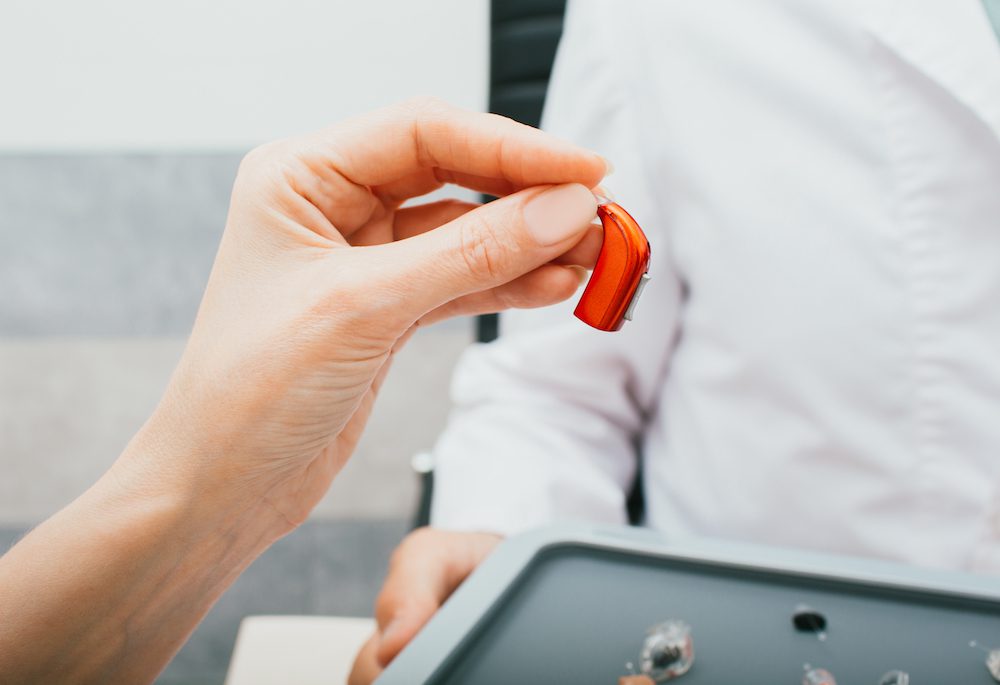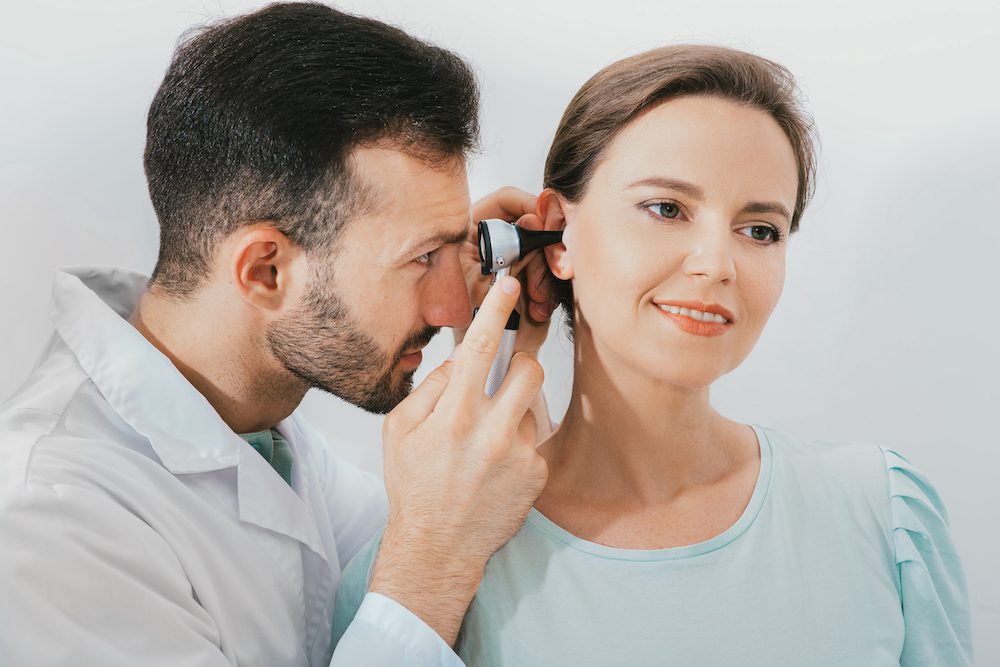Why Should You Visit an Audiologist for a Hearing Test?
Everyone should have a hearing test from time to time. You should ideally


Everyone should have a hearing test from time to time. You should ideally

Noise-induced hearing loss (NIHL) is one of the most common occupational

If you’re like most people, you probably don’t think about